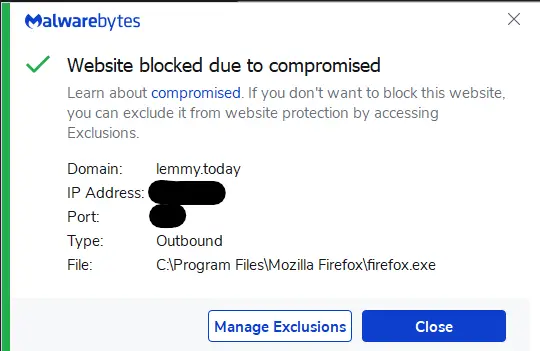Lemmy.world (and some others) were hacked
Lemmy.world (and some others) were hacked
While I was asleep, apparently the site was hacked. Luckily, (big) part of the lemmy.world team is in US, and some early birds in EU also helped mitigate this.
As I am told, this was the issue:
- There is an vulnerability which was exploited
- Several people had their JWT cookies leaked, including at least one admin
- Attackers started changing site settings and posting fake announcements etc
Our mitigations:
- We removed the vulnerability
- Deleted all comments and private messages that contained the exploit
- Rotated JWT secret which invalidated all existing cookies
The vulnerability will be fixed by the Lemmy devs.
Details of the vulnerability are here
Many thanks for all that helped, and sorry for any inconvenience caused!
Update While we believe the admins accounts were what they were after, it could be that other users accounts were compromised. Your cookie could have been 'stolen' and the hacker could have had access to your account, creating posts and comments under your name, and accessing/changing your settings (which shows your e-mail).
For this, you would have had to be using lemmy.world at that time, and load a page that had the vulnerability in it.




